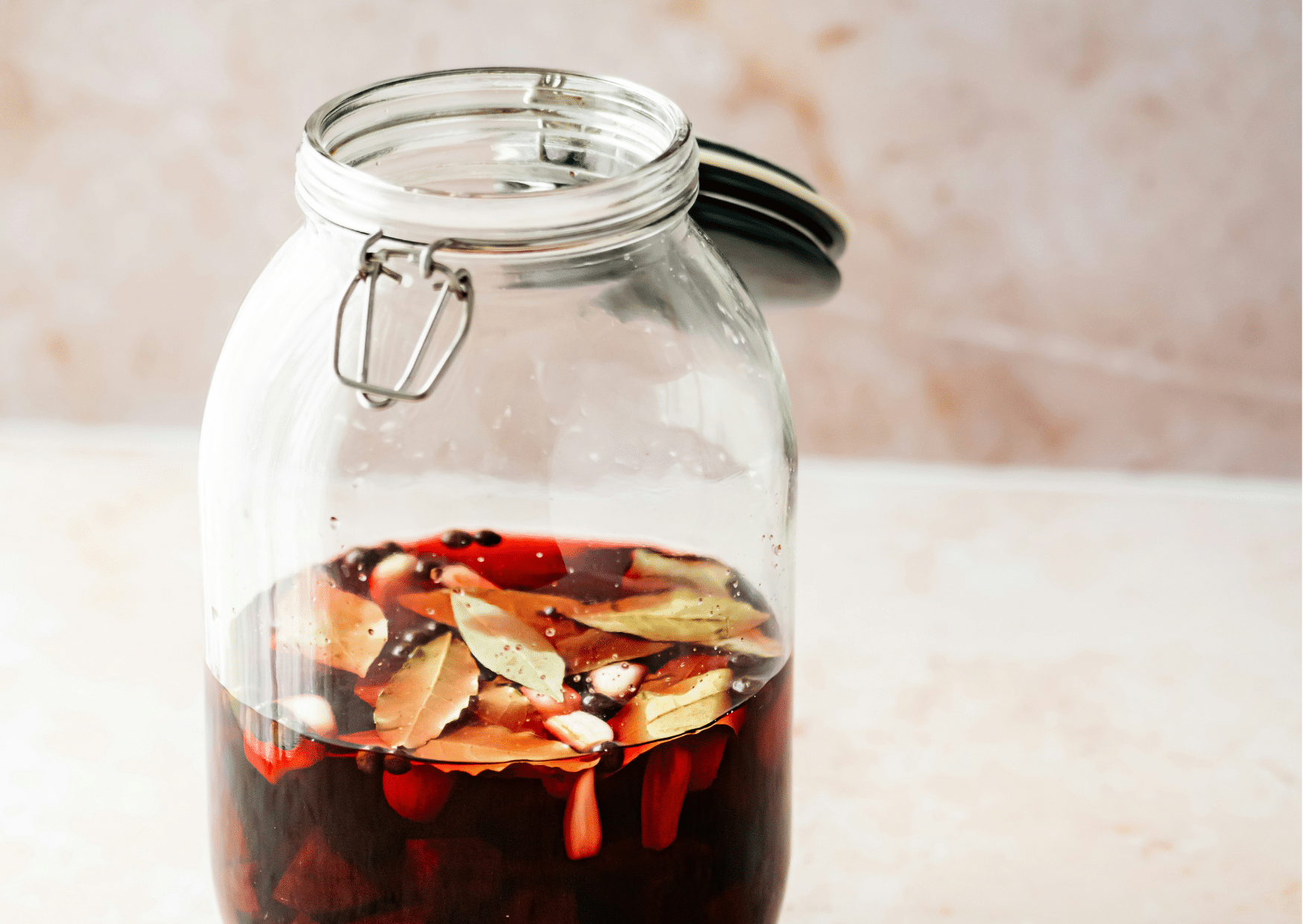
25 Feb The Power of Fermented Foods
Your microbiome is like your body’s brain, influencing everything from digestion to immune function. Bacteria in the gut act as the control centre, programming your body’s processes. At NatMed in Perth, we understand the vital role of the microbiome and how fermented foods can nurture it back to balance.
Why Fermented Foods Matter for Gut Health
Maintaining a diverse and healthy microbiome is crucial for overall wellness. When the microbiome is compromised, issues such as autoimmune dysfunction can arise. This leads to symptoms like:
- Hives or swollen lips
- Rheumatoid arthritis and lupus
- Chronic fatigue
- Poor brain function
The Art of Fermentation: A Natural Preservation Method
Fermentation is an ancient practice that not only preserves food but also enhances its nutritional value. Through a process called Lacto-fermentation, Lactobacilli bacteria convert sugars into lactic acid. This creates an environment that is hostile to harmful bacteria, preserving the food naturally.
The Benefits of Fermented Foods for Gut Health
Including fermented foods in your diet can offer a range of benefits, such as:
- Increased gut bacteria diversity
- Healing and soothing effects on the gut lining
- Better absorption of essential vitamins and enzymes
- Improved digestion and stomach acid balance
- Regulation of bowel movements
- Enhanced elimination of toxins from the body
- Boosted immune function
- Production of short-chain fatty acids to nourish the microbiome.
How to Incorporate Fermented Foods into Your Diet
Ready to add fermented foods to your meals? Here are some popular options:
- Salsa or chutney
- Sauerkraut
- Cultured vegetables
- Yoghurt
- Beverages like beetroot kvass, kefir, and kombucha
Top Tip: Start slowly to allow your body to adjust to these new additions. Use fermented foods as condiments or side dishes to your meals.
Making Your Own Fermented Foods
Fermenting at home is easier than you might think! It’s a fun and creative process that allows you to experiment with flavours and ingredients. We recommend using good quality salt, whey, or freeze-dried starter cultures to kickstart your fermentation journey.
Get Started with These Easy Recipes
Ready to dive into fermentation? Here are two simple recipes to get you started:
- Sauerkraut:
- Ingredients:
- 1 head of cabbage, thinly sliced
- 1 tablespoon sea salt
- Instructions: Mix cabbage and salt, pack tightly into a jar, cover, and let ferment for 1-2 weeks.
- Ingredients:
- Beetroot Kvass:
- Ingredients:
- 3 medium beets, peeled and chopped
- 1/4 cup whey
- 1 tablespoon sea salt
- Instructions: Place beets in a jar, add whey and salt, cover with water, and let ferment for 2-3 days.
- Ingredients:
Ready to Dive In?
Are you ready to experience the wonders of fermented foods? Book an appointment with our Naturopaths at Nat Med in Perth to discuss nutrition, gut health, and testing options. If you’d like to learn more about about the gut microbiome and its impact on health, check out The Microbiome: A Blueprint for Health.
